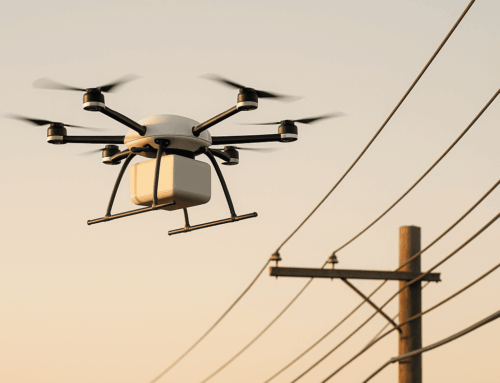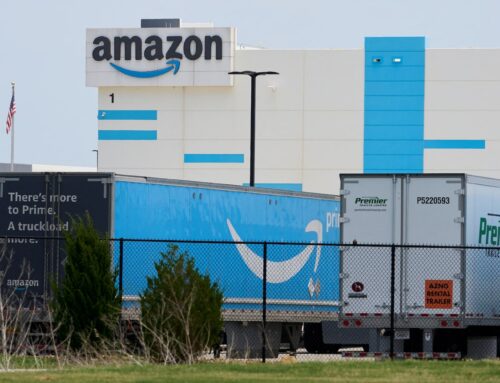Meta’s Louisiana AI data center upends local community
November 25, 2025
Facebook’s parent company has ambitious plans for AI, but it looks like the locals are not very happy about the mega corp encroaching on their communities. The small town of Holly Ridge, Louisiana will soon be home to a massive $27 billion artificial intelligence data center being built by Facebook parent company Meta that, when finished, will be the largest in the world.
As reported by New Orleans-based public radio station WWNO last week, the nonstop parade of trucks driving through Holly Ridge has led to a 600% increase in vehicle crashes over the last year, including three truck crashes that occurred just outside Holly Ridge Elementary School.
“We had no voting on it, no community meetings, no nothing,” one local woman told More Perfect Union. “It was done all under the table.”
READ: US clears Nvidia to export $1 billion worth of AI chips to UAE, Saudi Arabia (
Another local resident told More Perfect Union that Holly Ridge has become “totally different” ever since Meta began AI data center construction.
“Who wants to live like this?” he asked as he looked on at more construction trucks barreling through the community.
Meta’s planned AI data center in Holly Ridge, Louisiana, has become a source of controversy due to its impact on the local community, infrastructure, and environment. The project, one of the largest in the state, has brought thousands of construction workers and heavy truck traffic to the small town, which local reports say has caused safety concerns, road damage, and an increase in vehicle accidents.
Holly Ridge Elementary School, located near the construction zone, has experienced disruptions, including temporary playground closures and classroom shaking from truck vibrations, according to residents. Some residents have reported water discoloration and occasional power outages, though the exact cause has not been independently verified.
The data center’s massive energy requirements have prompted Entergy to plan new gas-fired power plants, which critics say could burden local ratepayers and raise environmental concerns, though the full impact is still under review. Meta states that it will use a closed-loop cooling system and that water usage may be lower than prior agricultural use, but environmental advocates remain concerned about long-term sustainability and transparency. Economically, the center is projected to bring hundreds of permanent jobs and thousands of construction positions, though it is uncertain how many will go to local residents.
Large-scale infrastructure projects like this can bring significant economic benefits, including job creation and local investment, but they also carry social, environmental, and logistical costs that can disrupt daily life for nearby residents.
For policymakers, corporations, and communities alike, the situation serves as a reminder that economic and technological progress must be weighed against human and environmental impacts.
Search
RECENT PRESS RELEASES
Related Post



